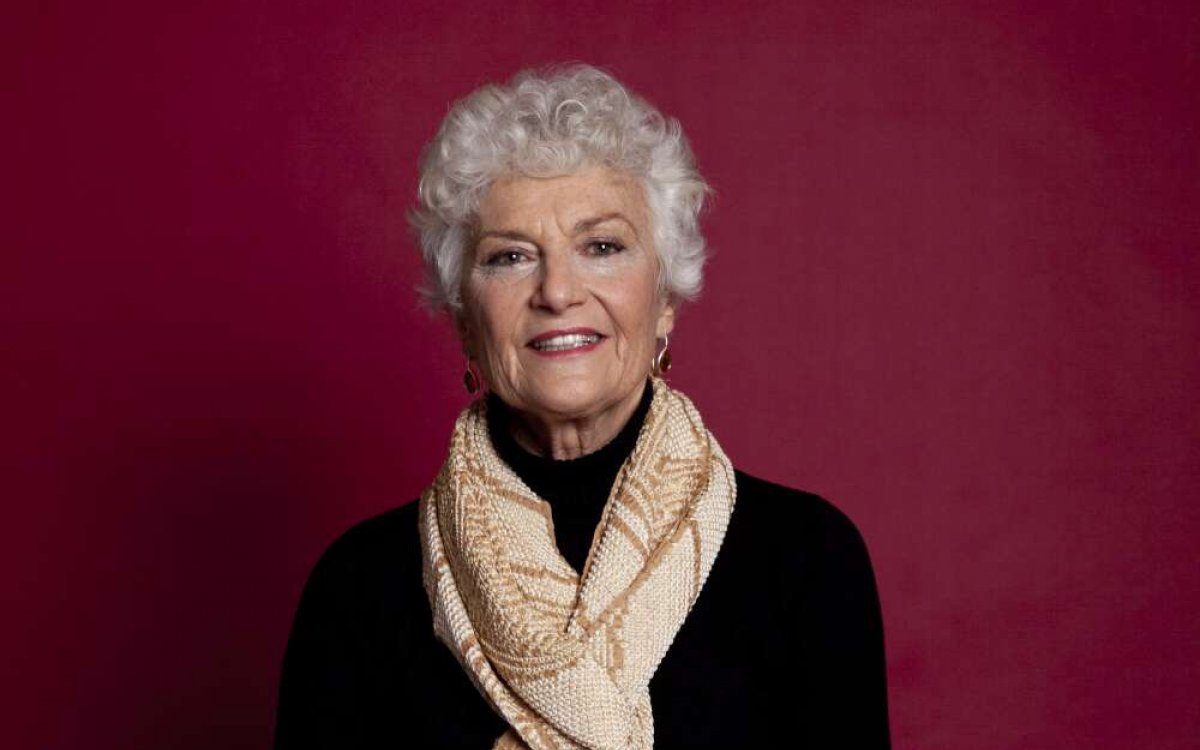
Gostelow, Philip, 1962-. (2013). Professor Fiona Stanley at the Telethon Institute for Child Health Research, Subiaco, Perth, 21 August 2013 / Philip Gostelow. http://nla.gov.au/nla.obj-153312966
Professor Fiona Stanley (1946 - ) is an Australian paediatrician and epidemiologist who is best known for her work linking deficiencies of folic acid in pregnant women with birth defects—specifically, spina bifida and related conditions.
After working as a paediatrician in Perth, Stanley visited regional and remote communities throughout Western Australia. It was through these visits that Stanley became interested in using epidemiology to understand what impact the conditions in which people live, work and play, their diet and the ways in which they exercise and enjoy themselves can have on their health, and how this data can be used to predict health outcomes. Throughout her career, Stanley has focused on using population data to deliver significant health, social and economic benefits communities.
Professor Fiona Stanely discusses her early life and family. She talks about her father, who was one of Australia's first virologists.
Professor Fiona Stanley reflects on her education and her time at university in the 1960s. She talks about the impact university life can take a toll on a persons confidence, emotional, and social development.
Professor Fiona Stanley discusses the Busselton Survey, one of the longest running surveys documenting the health data of an entire population.
Professor Fiona Stanley discusses her work in epidemiology
Professor Fiona Stanley talks about her part in uncovering the link between folate and birth defects and the success of the study
Activities
- Stanley’s father was the Foundation Chair of Microbiology at the University of Western Australia and one of Australia’s first virologists. Her grandfather was a scientist who worked for the government in Papua New Guinea. Fiona Stanley says that she, ‘always had this wonderful sense from my father and my grandfather of [a] quest for knowledge’.
In what ways might a person’s family background or upbringing shape their attitude towards science?
- Stanley talks about her life at university and how she struggled socially and emotionally while pursuing her studies. School can be a difficult time for many people. As a class, discuss some of the difficulties people may face at school. Discuss the importance of self-care and maintaining a balance between work and recreation.
- Much of Stanley’s work as an epidemiologist relies on gathering data from a wide range of sources to determine the causes and effects of a disease, its spread and the best ways to contain it. When conducting a scientific study or a survey, what are the advantages and disadvantages of collecting data from a wide range of sources?
- Ask 5 people what their favourite drink is. Collate the results
- Ask 20 people what their favourite drink is. Collate the results.
- Which do you think is a more accurate representation of the class’ favourite drink?
- Following the correlation between folate deficiency and birth defects, Stanley and her colleagues campaigned to have flour in Australia fortified with folate. This was to ensure that all people, not just pregnant women, were consuming enough folate. What are some common additives to foods? What are the reasons that they are added (health, flavour, longer shelf-life, appearance, etc.)? How do you feel about eating foods containing additives? Why?
